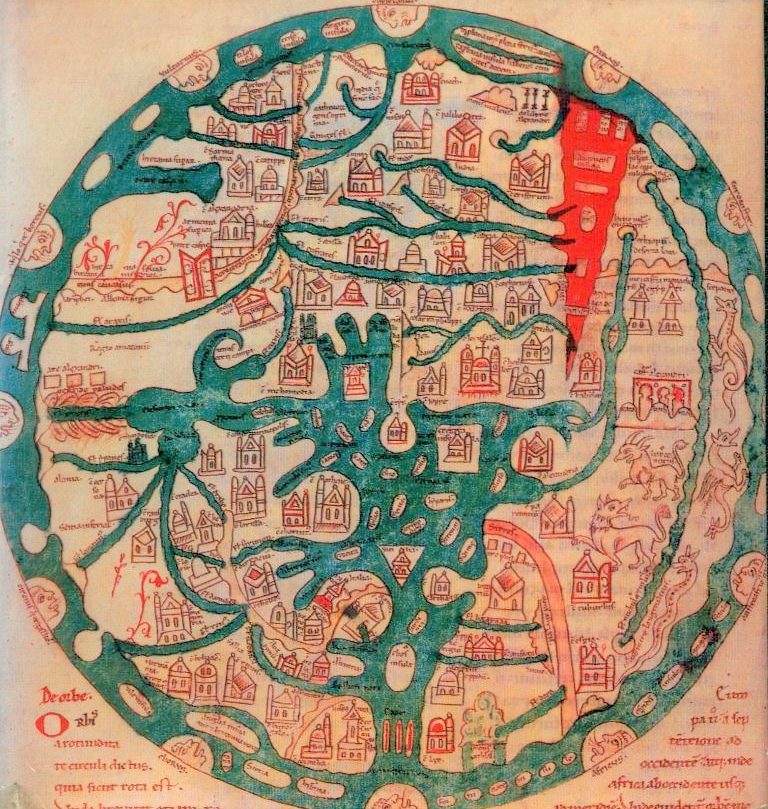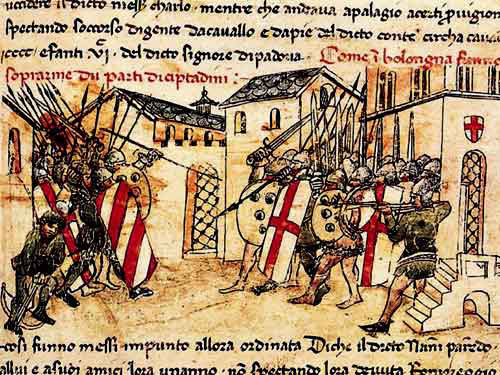Nation-building has never been induced by an external state.
The failure to change the domestic political scene in Afghanistan, in spite of twenty years of American presence, has surprised many commentators. Fintan O’Toole recently remarked that “democratic values were [possibly not] strong enough in the US to be projected onto a traumatized society seven thousand miles away”. One could descend a step further down by arguing that there is simply no experience or any example of a foreign power imposing ‘nation-building’ on another state. Failure is obvious. When I advanced this statement in a symposium of academic and military representatives on the Dutch military contribution to the NATO presence in Uruzgan (2010), the response was flat. The need for a positive story overrules all facts to the contrary which also lies at the root of the endless chain of actions and self-delusion that characterized the American involvement with Afghanistan.
Much earlier I presented another perspective in a forum on the Iraq war of 2003 (The Arab World Geographer). It compared the task of keeping international order with domestic policing. There are two varieties of domestic policing: community policing which involves the community and takes advantage of intelligence in the community, and pro-active law enforcement which pursues criminals with autonomous (police-)information systems and is based on common laws. Community policing in the context of international order keeping demands some reserve because of the difference in values between an external actor and the local society. Pro-active law enforcement like pursuing terrorists, Al-Qaeda etc., may count on some global legitimacy but may locally be experienced as a disproportionate level of violence that does not touch on dominant injustices felt by the local people.
The American intervention seems to have been hopelessly mixed up with these constraints. On the one hand it seemed to embrace the argument of culture in order not to be bothered by local injustices (like the kidnapping and rape of boys). On the other hand its campaign against ‘terrorists’ accepted the rule of warlords that divided and oppressed the Afghan people.
Fintan O’Toole, 2021, The Lie of Nation Building. New York Review of Books October 7.
Gertjan Dijkink, 2003, World police, Unilateralism and the Future of a Country. Forum on The 2003 War on/in Iraq. The Arab World Geographer 6 (19-23)

